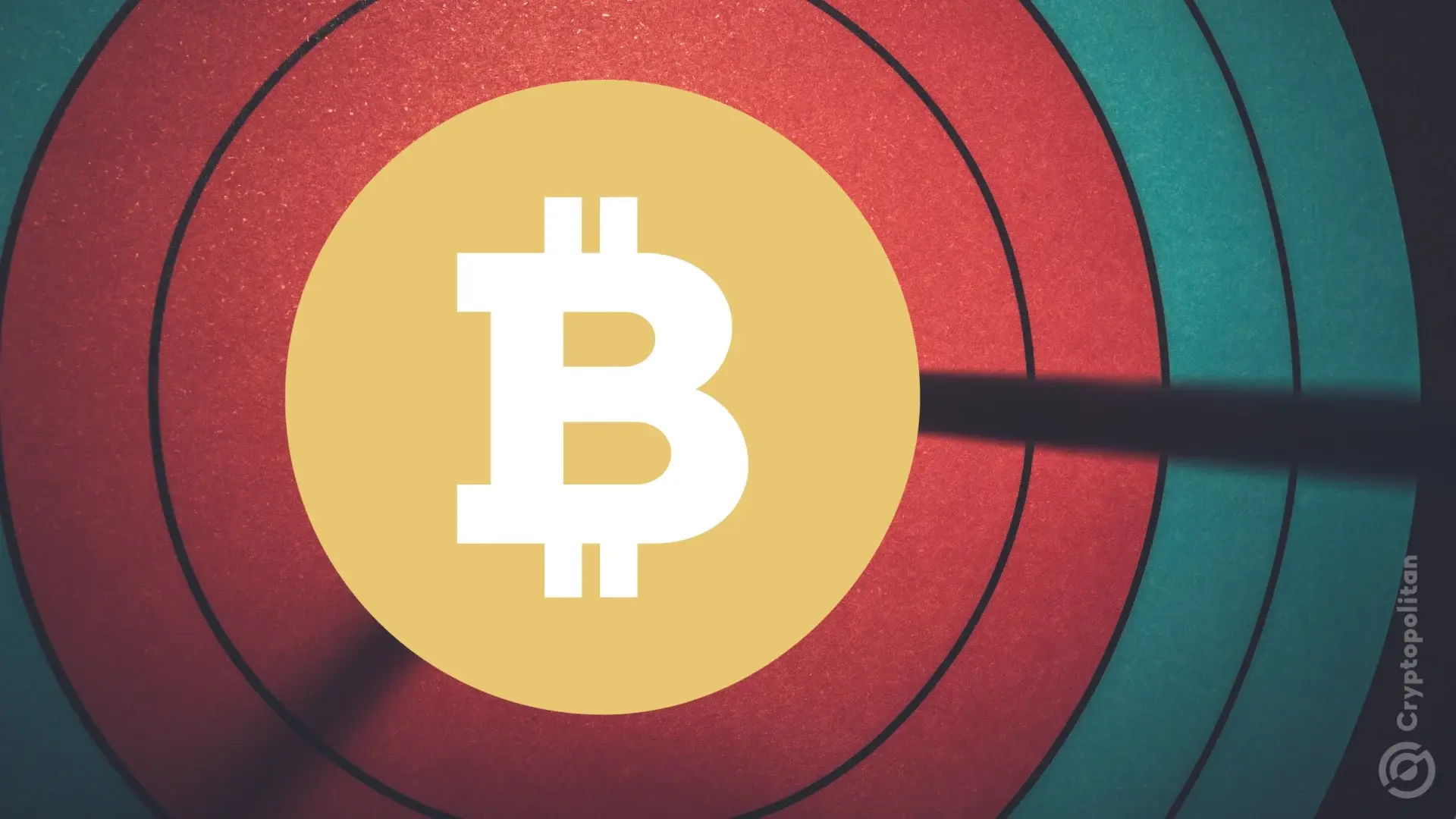Hosting provider Dynamics Mining has ended its hosting arrangement with Compass Mining. Dynamics the firm has failed to pay essential bills and was in default on its obligations under the terms of their hosting agreement. They canceled the hosting agreement as of June 14th, according to Dynamics’ letter uploaded to Twitter on June 26th evening. Dynamics states that Compass had six late payments and three defaults on utility and hosting fees.
When Dynamics tweeted again a few hours later on June 27th, they claimed their energy expenses totaled $1.2 million, but Compass only paid $665,000.
According to Dynamics, Compass claims to have provided the funds required to pay the bills. However, Compass contends the funds were used to construct other facilities. Currently, neither Dynamics Mining nor Compass Mining has responded to other inquiries. Considering this highly publicized incident, Whit Gibbs, CEO of Compass Mining, stated that he would take this matter to court, not on Twitter.
Gibbs received a response from the Dynamics Twitter account. It stated that Compass only had to pay $250,000 for three months of electricity consumption. Also, Twitter is the voice of customers, not the courtroom.
Compass Mining sells Application Specific Integrated Circuit (ASIC) miner devices in the US and Canada. They are specialist cryptocurrency mining machines. It is unclear what will happen to the miner-clients housed within the facility.
Compass hosting agreements class legal actions
According to Compass’ hosting agreement, Compass can relocate, remove, or reorganize customer equipment in the event of an emergency. Under the agreements, clients also forfeit their ability to start lawsuits against Compass. In addition, they also relinquish their right to participate in class actions or other legal actions for damages.
At a time when Bitcoin’s price is declining, and energy prices are rising, the tough environment confronts many cryptocurrency miners. After the price of Bitcoin dipped below $24,000 in mid-June, many older ASIC miners were no longer profitable. Also, the newer mining rigs were close to or past their shutdown criteria based on the asset’s value.
Biogas mining for Bitcoin
A Bitcoin mining plant in Slovakia transforms human and animal waste into a Bitcoin hash rate, safeguarding the network while mining Bitcoin. Gabriel Kozak and Duan Matuska launched AmityAge Mining Farm to mine Bitcoin (BTC) with human and animal waste. The person who met Satoshi Nakamoto, Matuska, claims that the methane produced during biodegradation processes powers their machine.
Matsuka says that the facility’s BTC mining method is sustainable and renewable because there will always be human and animal waste. According to Matuska, using renewable energies such as biogas shows miners can speed up adopting these renewables and increase their return on investment. All while simultaneously serving as a low-cost source of energy.
Using a fermentation process, biogas electricity plants create methane gas from waste, which is both environmentally friendly and cost-effective. After that, you use the gas as fuel.
Energy challenges facing Bitcoin miners
A co-founder of Texas-based natural gas Bitcoin miner Giga Energy, Matt Lohstroh, argues that getting inexpensive energy is the biggest challenge. Before, solo mining was a difficult and expensive option for individuals who wanted to get into Bitcoin mining at home. But now, solo mine is making a comeback.
In late 2021, Compass Mining, the pioneers of Bitcoin mining at home, started selling hardware directly to consumers. Whit Gibbs said that Bitcoin miners are among the most enthusiastic cryptocurrency supporters. He used the example of should you buy $10,000 worth of Bitcoin or an ASIC Bitcoin mining machine, knowing full well that it should recover the initial investment over a 12- to 14-month period. The only way to get a timely return on your investment in Bitcoin is if you’re confident that the currency will continue to rise in value.





